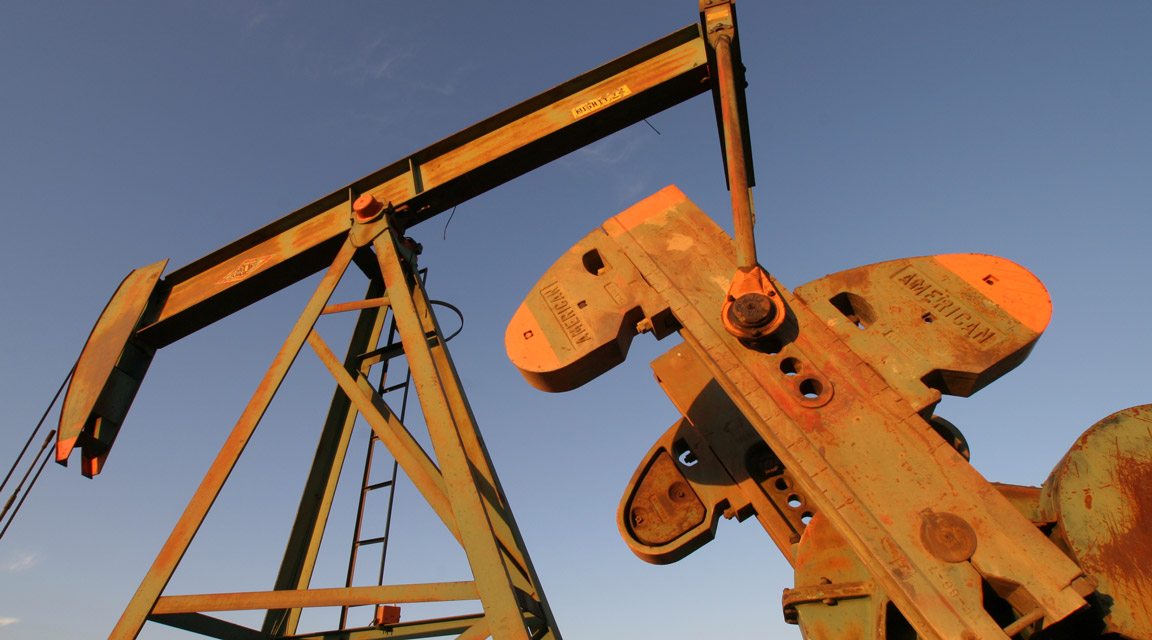

UK oil major BP may not invest in Abu Dhabi’s $45bn plan to turn Ruwais into a downstream refining, petrochemicals and conversion hub, but it is keen to invest in developing the emirate’s gas-caps, according to a senior company executive.
State-owned Abu Dhabi National Oil Company (Adnoc) launched a major investment programme in May, asking international oil companies, petrochemicals firms and industrial groups to partner with it.
Dozens of companies attended the launch at Abu Dhabi’s Emirates Palace. However, the Ruwais project “may not be the right fit” for BP, Middle East director Michael Townshend told journalists of the Abu Dhabi International Petroleum Exhibition and Conference on 13 November.
Details on the scope of the Ruwais megaproject have been scarce since the launch. BP has looked at the project, but Townshead was reluctant to commit to whether BP would partner up for it. The downstream plans would not fit with the company’s wider plans, he added.
“BP looked at downstream, as have every other major company. I can’t really say anything more. I’m not entirely sure the fit is right for BP and the Ruwais portfolio. It may not quite work, don’t know, we’re yet to see. Just because every company has a specific refining and marketing mix around the world. It’s not even just taking an interest in that it’s just how it fits into your own specific portfolio,” he said.
BP is a major investor in Abu Dhabi’s oil and gas sector, with a 10 per cent stake in the emirate’s Adco onshore oil concession. The stake came with Abu Dhabi’s state investment fund Mubadala Development Company taking 2 per cent of BP’s shares, making it one of the largest single investors.
Few other international oil companies have been willing to speak about their interest in the Ruwais expansion.
The project is the latest in Adnoc’s ambitious plan to expand the downstream sector in the UAE. The 840,000 barrels a day (b/d) Ruwais refinery was expanded in early 2015, after a massive project to double its capacity.
Adnoc awarded a $3.1bn contract to Samsung Engineering earlier this year for a major upgrade of the existing Ruwais refinery-west, which will allow it to process offshore crude, and freeing up as much as 420,000 b/d of its flagship Murban crude for export.
Longer term plans call for crude refining capacity to be boosted to more than 1.2 million b/d with a new 600,000 b/d refinery next to the giant Ruwais complex, upping the total from 650,000 b/d currently. This will ensure the UAE’s fuel self-sufficiency, as well as grow its petrochemicals portfolio.
Gas-cap interest
While BP may not take the plunge downstream, it is eyeing potential investments in developing Abu Dhabi’s gas-caps, gas reservoirs sitting above oil fields. “Traditionally, for the last 50 years, everyone has said don’t touch the gas until the oil is gone, as it is needed to keep the pressure. But this is changing,” Townshend explained.
New techniques could mean a major expansion in gas-cap developments over next five to 10 years, and could add around 1 billion cubic feet a day (cf/d) towards Adnoc's ambitious gas production targets.
Earlier this month, Abu Dhabi’s Supreme Petroleum Council (SPC) approved Adnoc’s business plan and gave approval for the oil company’s five year capital expenditure plan of $132.3bn for 2019-2023.
The five year investment plan will assist with the emirate’s goal of reaching an oil production capacity of 4 million b/d by the end of 2020 and 5 million b/d by the end of 2030. Another key facet of Adnoc’s latest plan is a new strategy to make the emirate self-sufficient in gas.
“We are studying how to do a gas cap development at the Bab field, where we are the asset lead,” Townshend said. The Bab field is one of the largest fields in the ADCO onshore oil concession, producing around 1.6 million b/d.
“You can develop the gas-cap if you are careful. There is a big prize without damaging the oil,” he added.
But development would need a staged approach. The current study, if successful, would need a pilot project, then be scaled up slowly to avoid impacting oil recovery.
You might also like...

TotalEnergies to acquire remaining 50% SapuraOMV stake
26 April 2024

Hyundai E&C breaks ground on Jafurah gas project
26 April 2024

Abu Dhabi signs air taxi deals
26 April 2024

Spanish developer to invest in Saudi housing
26 April 2024
A MEED Subscription...
Subscribe or upgrade your current MEED.com package to support your strategic planning with the MENA region’s best source of business information. Proceed to our online shop below to find out more about the features in each package.




